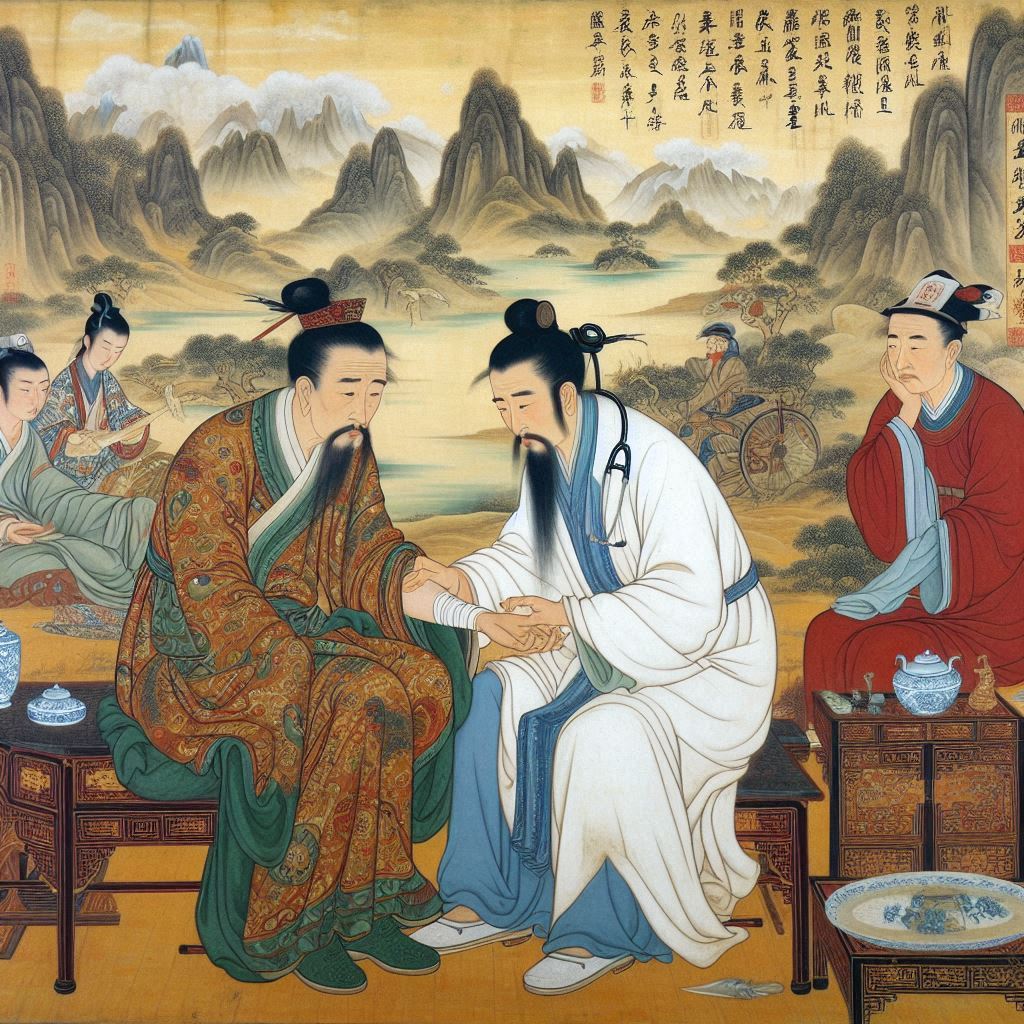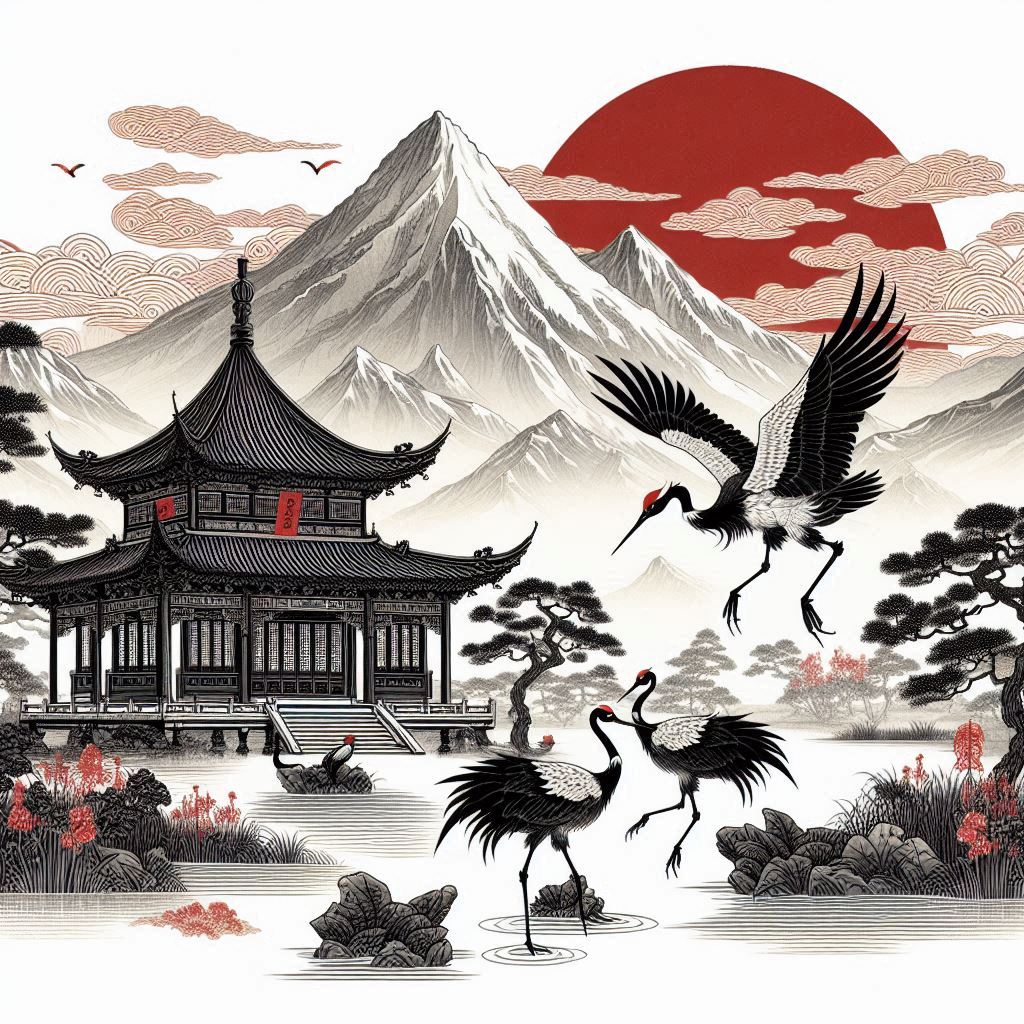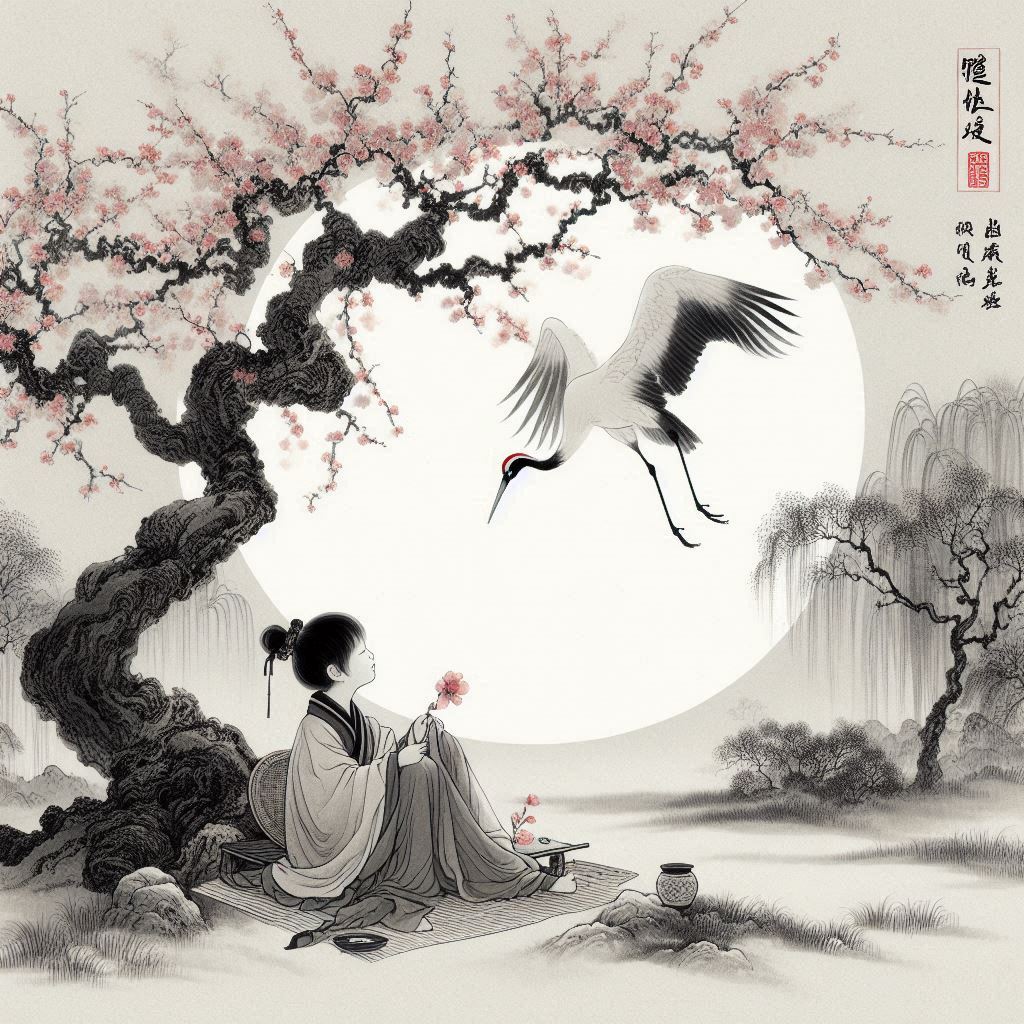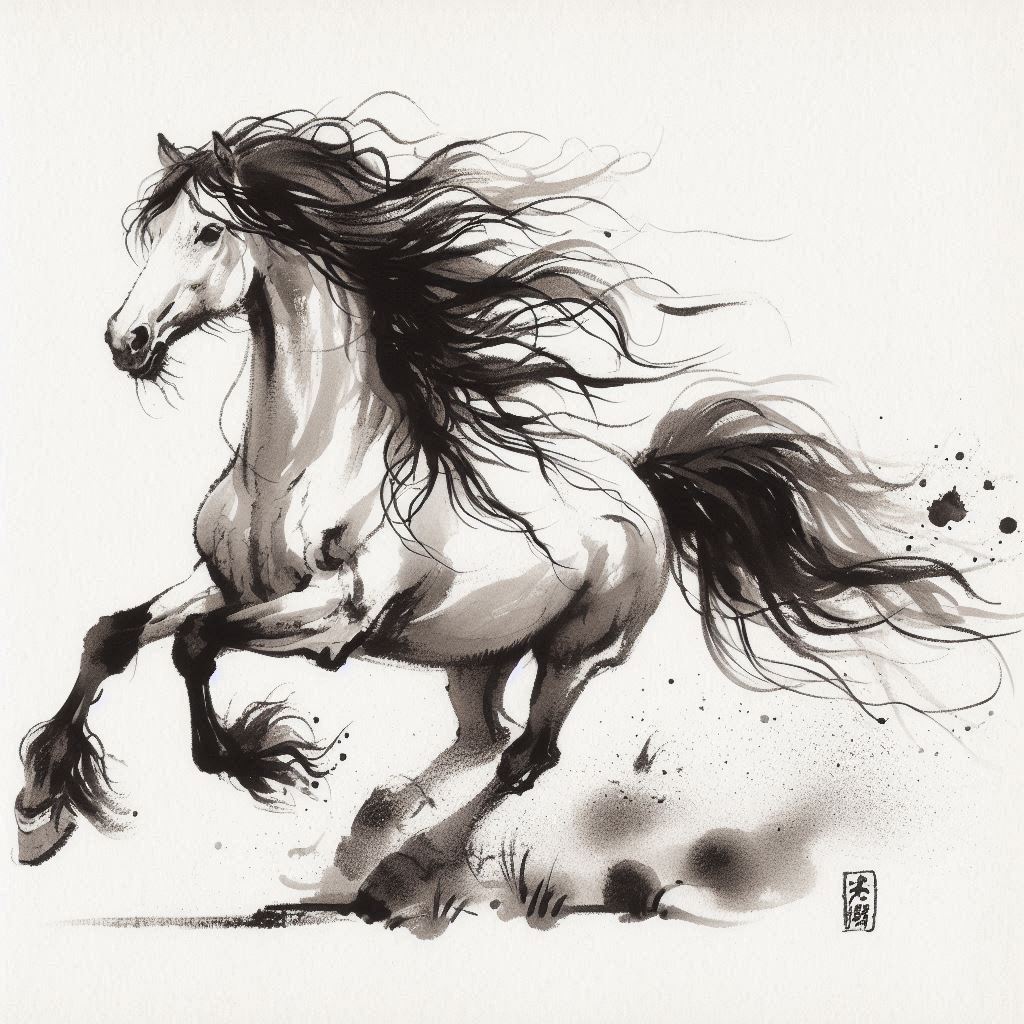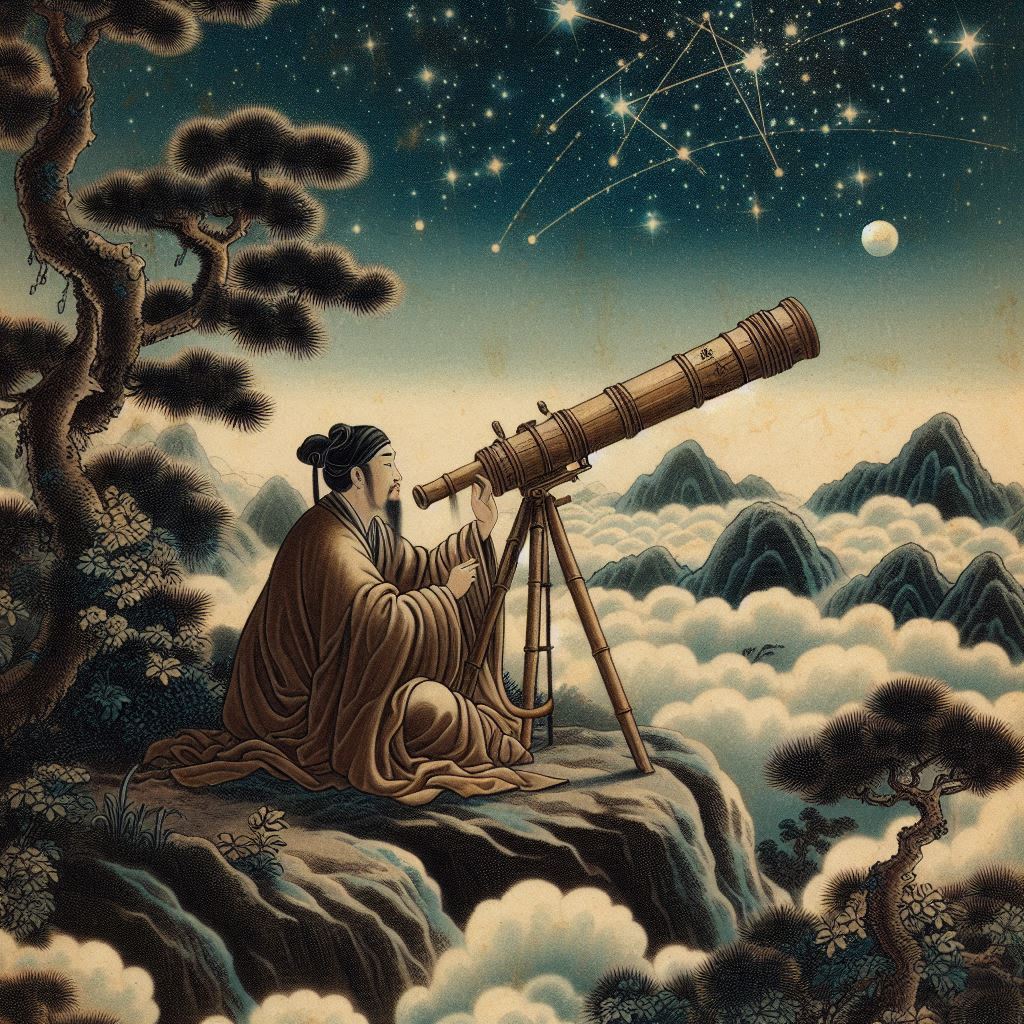In traditional Chinese medicine the Heart governs the blood, controls the blood vessels, and governs all internal organs. Therefore the Heart is referred to as a monarch(1)(2). A monarch is the supreme ruler of all estates but also of all conduct so, besides ruling the organs, the heart also “houses the mind”(2)(3).
People with well-balanced hearts are friendly, warm and loving. Their consciousness is clear, their emotions are balanced, they have clear thinking, strong memory and relaxed peaceful sleep.
People with unbalanced hearts are restless, laugh excessively (or do not laugh at all) and manifest an overall inappropriate behavior. Their minds are scattered, their spirit is weak and they are unable to focus. Severe manifestations of an unbalanced Heart are mental illnesses and unconsciousness.
If the Heart is deficient the mind has no residence and wanders “homeless” at night(2). Thus Heart problems manifest in insomnia(1). People with unbalanced hearts experience difficulty falling asleep, their sleep is shallow, interrupted, unproductive, and dream-disturbed(1)(2).
Since the blood is responsible for supplying and nourishing all body tissues, and the Heart governs the blood, the complexion of a person depends on the condition of the Heart. Thus healthy Heart and abundant blood will manifest in radiant peach-like complexion while flushed or white-pale face indicate Heart-blood disharmony(1)(2)(4).
In TCM the sense organ that the Heart opens to is the tongue(1)(2)(3)(4). Therefore the Heart controls the speech. Any speech problems including impairment of language ability, stuttering, excessive speaking or confused speaking, indicates Heart imbalance(1)(2).
Last but not least the Heart controls the sweat(1)(2)(3)(4). Spontaneous sweating or night sweats are commonly related to a deficient Heart.
YS
(1) Zhang, Enqin (1990). Basic Theory of Traditional Chinese Medicine. Shanghai: Publishing House of Shanghai College of Traditional Chinese Medicine
(2) Maciocia, Giovanni (1989). The Foundations of Chinese Medicine. Edinburgh: Harcourt Publishers Limited
(3) Deng Liangye, Gan Yijun, He Shuhui, Ji Xiaoping, Li Yang, Wang Rufen, Wang Wenjing, Wang Xuetai, Xu Hengze, Xue Xuiling, Yuan Jiuling (1987). Chinese Acupuncture and Moxibustion. China: Foreign Languages Press
(4) Yang Weiyi, Meng Fanyi, Jiang Yuanan(2002). Diagnostics of Traditional Chinese Medicine. Beijing: Beijing University of Chinese Medicine and Pharmacology
Related Articles:
The Heart and the emotion "joy"
The Heart, the season summer, and summer foods that benefit the Heart
Hearbs that calm the spirit and clear heat in the Heart
Herbs that transform phlegm and benefit phlegm in the Heart
Herbs that tonify Qi and benefit Heart Qi deficiency
Herbs that tonify the blood and benefit Heart blood deficiency
Please read our Disclaimer

